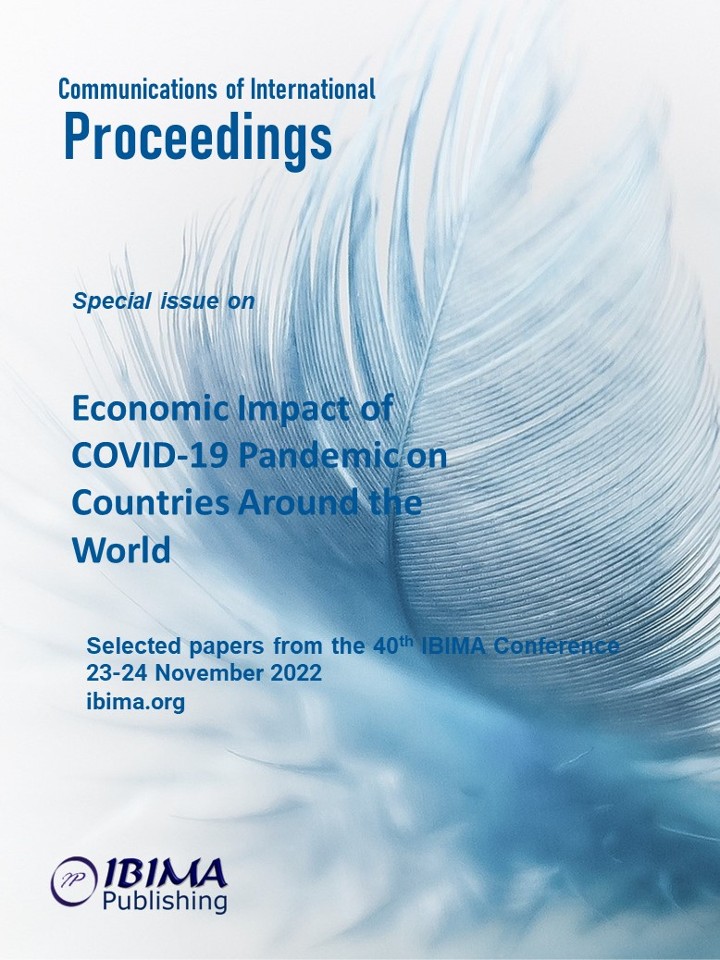
1Olga I. AVERINA, 2Yuri V. GRIDNEV, 3Natalia I. LAVRIKOVA, 4Elena V. SMIRNOVA and 5Evgeniya K. KARPUNINA
1 N.P. Ogarev Mordovia State University, Saransk, Russian Federation,
2 Voronezh State Forestry University named after G.F. Morozov, Voronezh, Russian Federation
3 Russian Federation Security Guard Service Federal Academy, Orel, Russian Federation
4 Kuban State Technological University, Krasnodar, Russian Federation
5 G.R. Derzhavin Tambov State University, Tambov, Russian Federation,

The purpose of the study is to reveal the problems of sustainable development during the COVID-19 pandemic, as well as to justify ecological innovations as an effective way to overcome the negative consequences of the pandemic in the regions of Russia. The authors systematized the specific features of the COVID-19 pandemic that threatened the sustainable development of countries and regions. The authors identified a significant lag in the implementation of ecological innovations related to the reduction of material costs for production, reduction of carbon dioxide emissions into the atmosphere, and reduction of environmental pollution (by 4-6 times) between Russia and the OECD countries. The authors identified a regional tendency to reduce the share of organizations engaged in ecological innovations in the period 2011-2019, and also revealed the emergence during the pandemic of a Russian regional trend of growth of “green patents” for recycling, creating environmentally safe materials, obtaining fuel from recycled materials and environmental raw materials, obtaining energy using alternative sources and technologies for cleaning polluted water surfaces. The authors have developed a set of measures to promote ecological innovations in the Russian regions in order to increase the sustainability of the territories development.